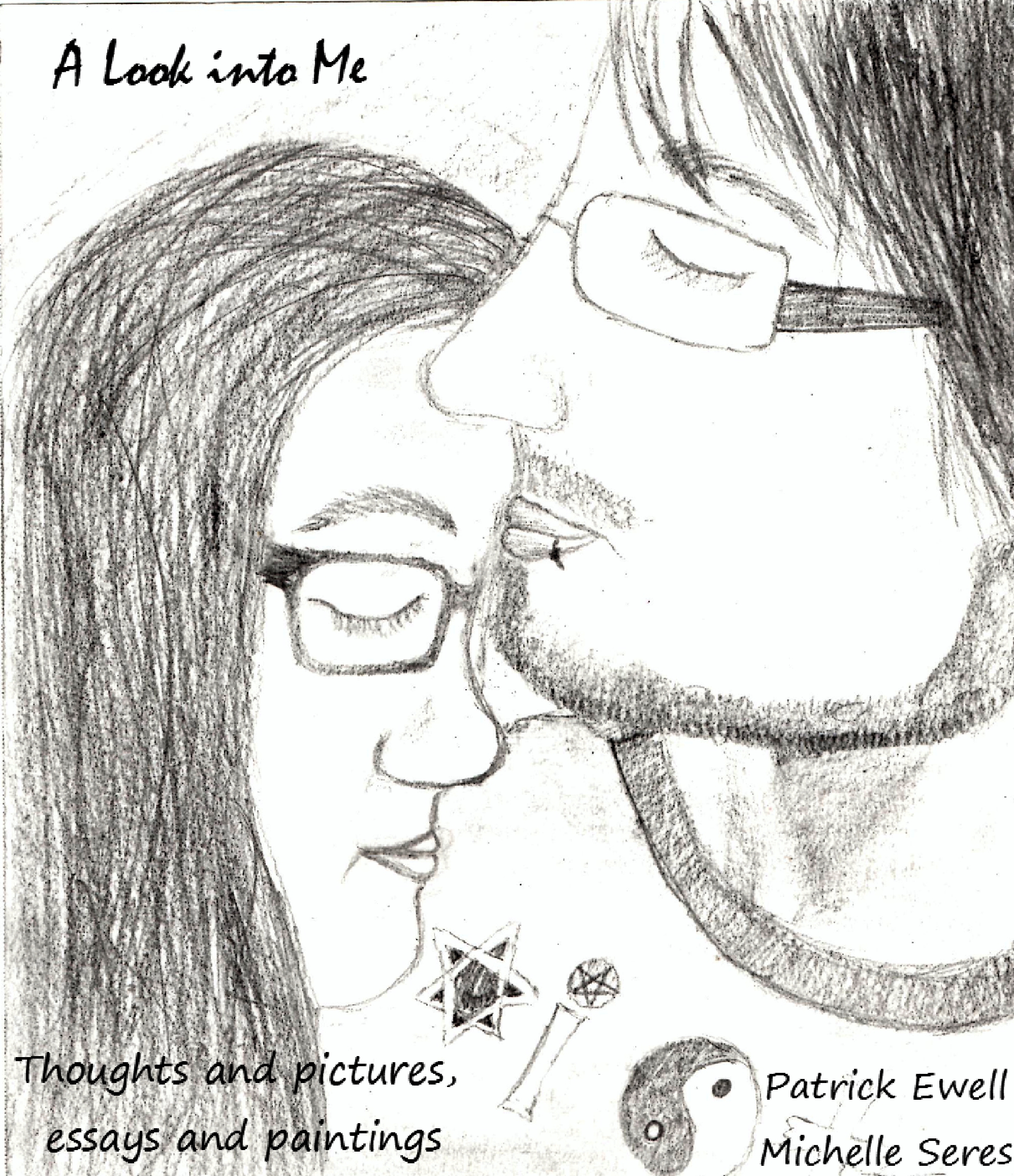There is Something Missing
I think all of the news stories, people on twitter and Facebook are missing the point when it comes to Charlie Gard. Many people are fixated on the idea that the government is not allowing these parents to decide what happens to their child. They see this as the government limiting freedom and making decisions that should be left to parents. Others are focused on the idea that the government isn’t allowing Gard the chance to undergo an experimental treatment, and thus limiting the parents’ responsibility to protect their child. Still, others jump at the chance to save a life, because they feel that no matter the conditions afflicting someone, their life is worth saving and preserving.
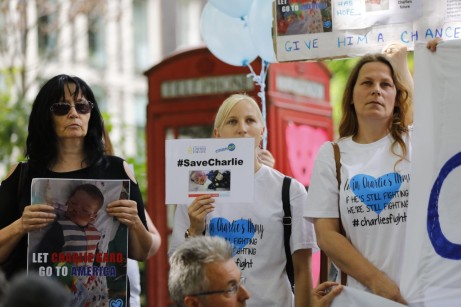
These points are all valid, and the concerns raised are indeed troubling. However, the bigger, and seemingly forgotten issue is the quality of life Charlie Gard would have after treatment. It seems that we have been too busy using this situation to discuss our fear of government power and our thoughts on the sanctity of life, rather than debating Charlie and the life he may be forced to live, if the treatment were successfully given.
Allowing for Treatment
Allowing that he receives the treatment, and it works, there are many problems that will follow. These run the gamut, ranging from simple issues associated with being bedridden, to life threatening illnesses. All of these problems add up, pool together and delude his quality of life. After he is treated, these factors may even add to his suffering and cause him pain.
Even if we discounted all of these “normal” ailments, his brain is not responsive to his environment. While he is not brain dead, there is no brain activity. One of the doctors, according to the court record, asserted that Charlie is “encephalopathic”, which means there is not any “normal brain activities such as responsiveness, interaction or crying”. I will touch more on this in the next section as it gets very messy.
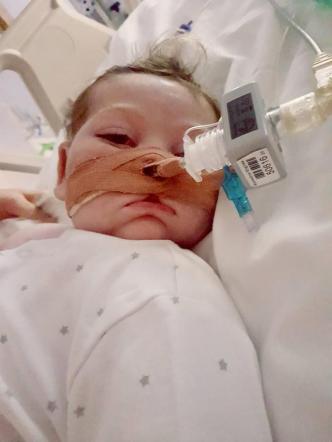
Charlie is linked to a machine that breathes for him. This would continue after he received the treatment. According to the parents’ expert; “The nature of Charlie’s condition means that he is likely to continue to deteriorate, that he is likely to remain immobile, that he will exhibit severe cognitive impairment, that he will remain dependent on ventilatory support to maintain respiration, will continue to need to be tube fed and that he will always be dependent on mechanical ventilation to maintain life.” Since Charlie would require a ventilator, he would be bed ridden. This adds many of the dangers and complexities that could harm him or damaged his life.
The expert the parents employed in the case indicated that the experimental treatment “almost certainly could not undo structural brain damage”. A principle witness in the case agreed, saying the treatment “is extremely unlikely to help Charlie”. Furthermore, Charlie’s official decision in this case per his Guardian is “that it is not in Charlie’s best interests to travel to America to receive nucleoside therapy.”
Is life worth living, while having to be hooked up to a series of machines that are ensuring you remain “alive”? This is a very scary and yet, a very real question that many people will one-day face. Ideally, everyone will communicate their wishes or fill out an Advance Directive. However, in this case neither of these are possible, which makes the decision more difficult.
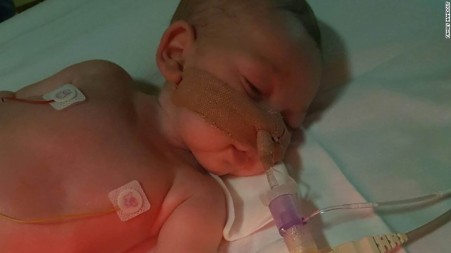
While I find it very difficult to say we should push our notion of a quality life onto someone who will never know such a life, I find it equally as hard to say that Charlie would have a good quality life. He may never understand what is going around him, given his brain damage. His level of consciousness would be near zero. His existence would be lying in bed, breathing through a tube and not interacting with whomever enters his room.
Dead?
One could argue that Charlie is effectively dead because his brain is showing signs of great damage and is not “responsive”. His lungs are even failing, as he is unable to breath on his own. His heart is working, though it has even been “affected” by the disorder.
However, one could attempt to argue that he is still alive simply because his heart, brain and lungs are, on some level, functioning. This actually fits with the past and current standards of judging whether or not a person is dead. The level of functionality has been significantly reduced. In the case of his lungs, they are able to inflate, deflate and process oxygen, however, they no longer work on their own. His brain has been severely damaged; however, he is not considered brain dead. Therefore, one could argue he is still very much alive.
From my readings, Charlie is in a bizarre grey area. In the cases I have reviewed patients in these situations are generally under the care of their parents, or sometimes spouse. In these cases, the guardian(s) generally wanted to remove all life sustaining treatment, and allow the individual to die naturally. I think this is the proper course of action when there is no further treatment or cure available.
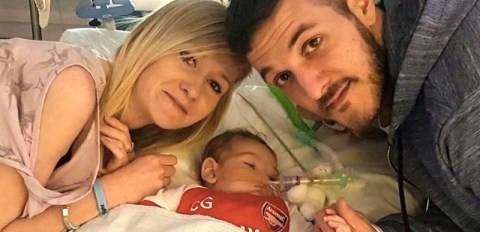
In the End
In the case of Charlie, I side with the courts and medical professionals. I agree with their conclusion, and I feel this is the right direction given the life he would be forced into, if the treatment worked. I don’t think anyone should be placed into an existence where they are and always will be machine dependent and unaware of their world.
One could retort, by asking; if I am unaware of the world, what does it matter? We cannot know Charlie’s level of pain or consciousness. It is currently impossible to measure how aware he is or how much he is suffering. He may be in pain right now, and he may be suffering either from our treatments, the illness or both. According to the medical professionals who have been treating Charlie, he will not be helped by the experimental treatment, in fact he will likely suffer. This is an example of a treatment hurting an individual, even though it rids them of a symptom. If one is trapped inside their body, unable to breath or move and have little to no brain activity, yet are still conscience; they will be locked in a motionless prison without any way of communicating. Therefore, I feel we should act with mercy.
If you want to draw your own conclusion, and disagree with mine please look into the case. Do some research and get back to me. Nothing will ever be solved without discussing the situation. I thought this ABC article was a good place to start. This link is to the court’s decision. I gathered many of the quotes and information from this link.
